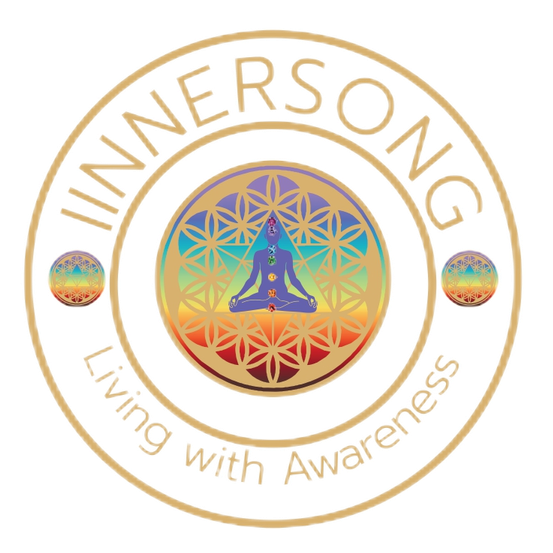Integrating Hypnotherapy into Holistic Healing
Clinical Hypnosis, also known as hypnotherapy or therapeutic hypnosis, is a therapeutic approach that utilizes guided relaxation, focused attention, and heightened suggestibility to facilitate positive changes in thoughts, feelings, and behaviors. Contrary to popular misconceptions, clinical hypnosis is not a state of unconsciousness but rather a heightened state of focused awareness, often inducing a state of deep relaxation.
Key Principles of Clinical Hypnosis
Altered State of Consciousness:
- Hypnosis induces an altered state of consciousness, characterized by focused attention, heightened suggestibility, and deep relaxation.
Access to Subconscious Mind:
- During hypnosis, individuals may become more open to suggestion, allowing therapeutic interventions to target the subconscious mind and influence beliefs and behaviors.
Collaborative Process:
- Hypnosis is a collaborative process between the hypnotist (or hypnotherapist) and the client. The client retains control and cannot be made to do anything against their will or values.


The Clinical Hypnosis Process
Induction:
- The hypnotherapist guides the individual into a state of relaxation through various induction techniques, such as progressive muscle relaxation or guided imagery.
Suggestion:
- While in a hypnotic state, the therapist provides positive suggestions or therapeutic interventions tailored to the individual's goals.
Deepening Techniques:
- To deepen the hypnotic state, therapists may use additional techniques, such as counting, breathing exercises, or imagery.
Caution
While clinical hypnosis is generally considered safe, it's crucial to engage with trained and qualified hypnotherapists who adhere to ethical standards. Individuals with certain mental health conditions, such as psychosis or severe personality disorders, should consult with mental health professionals before undergoing hypnotherapy. Clinical Hypnosis should always be conducted by certified practitioners in a therapeutic context and not for entertainment purposes.

